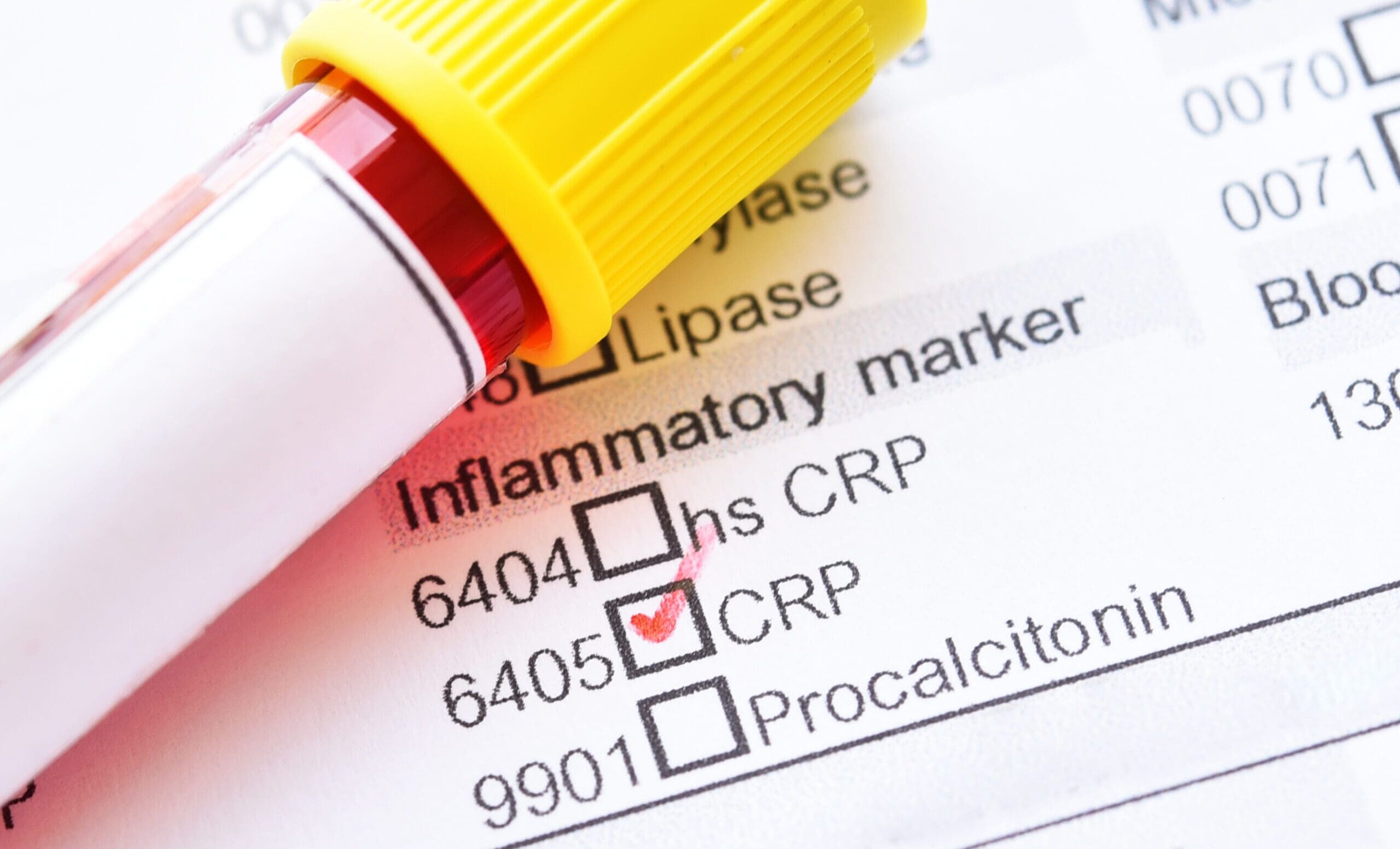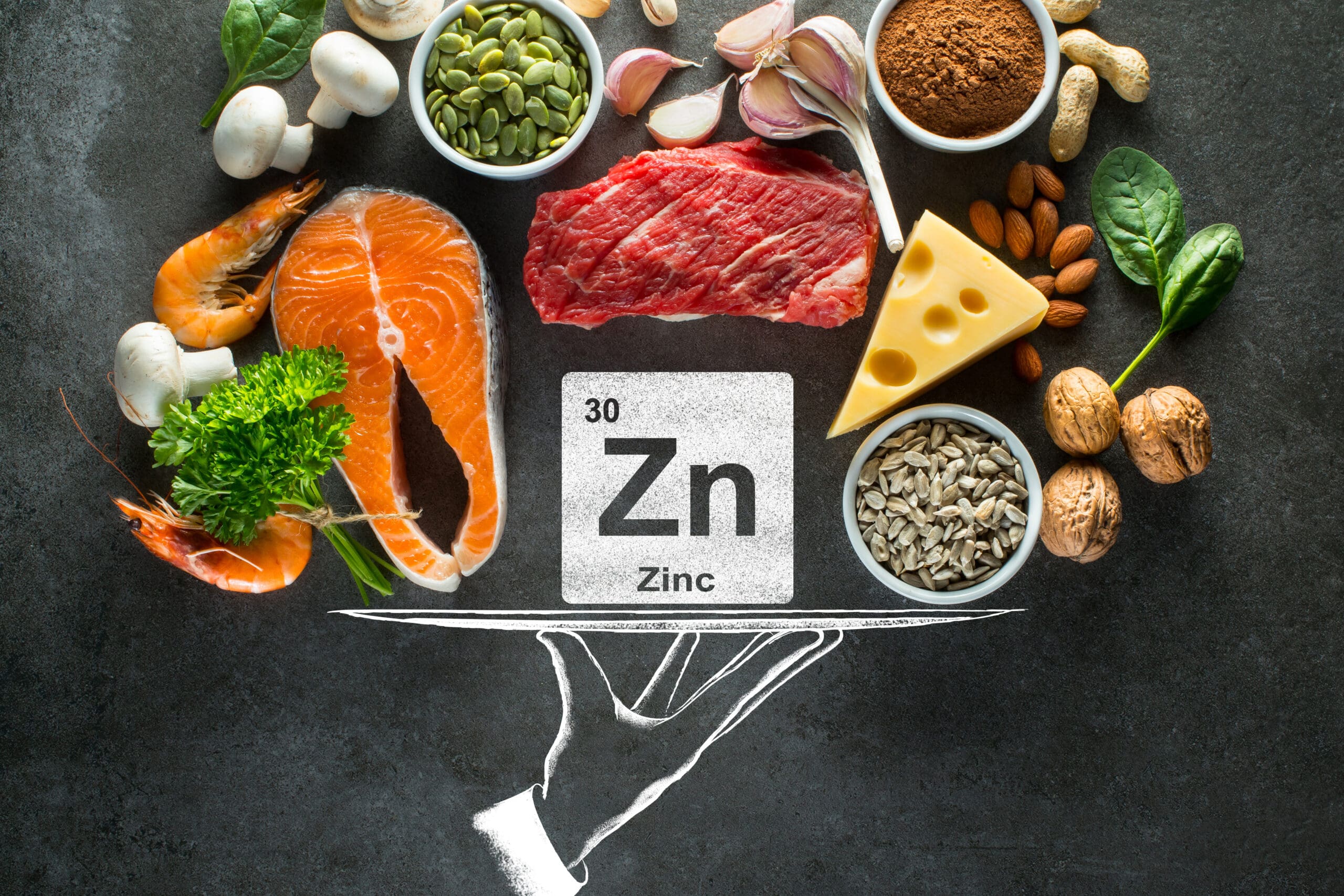How to heal a leaky gut
By naturopath Margaret Jasinska
Healing leaky gut is the key to helping inflammation, allergies and autoimmune disease.
If you have an interest in health, leaky gut syndrome is probably something you’ve heard of. Leaky gut is also referred to as increased intestinal permeability, and bacterial translocation. It is an extremely common condition, particularly in people with immune system problems, digestive problems or long standing fatigue.
Some people still doubt the existence of leaky gut and its relationship to autoimmune disease. However, a great deal of research has been done on the topic. There are many published articles in medical journals describing leaky gut and autoimmune disease such as this one.
Leaky gut means the intestinal lining has become more permeable than it should be. This is a problem because it allows wastes and toxins inside the intestines to get into your bloodstream, while also impairing the proper absorption of nutrients into your blood. So too much bad stuff gets in, and not enough good stuff gets through. Professor Alessio Fasano is a paediatric gastroenterologist and a world leader in research on leaky gut and its relationship to autoimmune disease. According to Professor Fasano, a leaky gut is necessary but not sufficient to develop an autoimmune disease. That means you can’t get an autoimmune disease unless you have a leaky gut.
Approximately 70 to 80 percent of the immune cells in your body are located in your gut. If your intestinal lining is excessively permeable, your immune system becomes chronically stimulated while having to deal with a high level of waste seeping through. A chronically over stimulated immune system predisposes an individual to developing autoimmune disease, allergies, food sensitivities, and it leaves your immune cells less able to fight off infections.

How to know if you have a leaky gut
If you’ve been diagnosed with an autoimmune disease, in all likelihood you have a leaky gut. Interestingly studies have shown increased intestinal permeability is also present in various other inflammatory conditions that are not autoimmune, including eczema, asthma, hay fever and autism. Individuals with those conditions are thought to be at increased risk of autoimmune disease in the future.
The following are associated with leaky gut syndrome:
- Fatigue
- Muscle aches and pains (fibromyalgia)
- Joint pain
- Skin problems – e.g. eczema, dermatitis, hives, skin rashes or itchy skin
- Food sensitivities
- Low mood, depression, anxiety
- Cognitive problems – foggy head, poor memory, low motivation
- Asthma
- Irritable bowel syndrome (IBS)
- Liver problems – raised liver enzymes, fatty liver disease
- Nutritional deficiencies – particularly iron, magnesium, vitamin B12 and vitamin D

What causes a leaky gut?
There are a lot of things that increase gut permeability. Overcoming leaky gut is about trying to rectify as many of these as possible:
- Alcohol
- Non-Steroidal Anti-inflammatory drugs eg. aspirin, naproxen, ibuprofen, meloxicam
- The oral contraceptive pill
- Intense or chronic stress
- Nutritional deficiencies – especially vitamin A and zinc
- Dysbiosis (too many bad and not enough good gut bugs)
- Candida infection or parasitic infection
- Small intestinal bacterial overgrowth (SIBO)
- Poor digestion resulting from deficiencies of stomach acid, bile or digestive enzymes
- A high sugar or refined carbohydrate diet (because they promote the growth of harmful gut bugs)
- Gluten
- Intense exercise, such as marathon running temporarily causes increased intestinal permeability
- Food allergy or intolerance
- Lectins, saponins and alkaloids found in some foods such as grains and legumes (which is why they are excluded on the autoimmune paleo diet)
Effective remedies for healing leaky gut
1. Remove specific foods
The worst offenders are gluten, dairy products and sugar. Other potentially problematic foods include all grains, legumes, eggs and nightshade vegetables (tomatoes, potatoes, capsicum and eggplant). These foods contain various proteins that may inflame the gut lining in some people. Not everyone needs to avoid all those foods. Having a consultation with a naturopath can help you figure out which foods are causing problems in your particular circumstances.
Lectins, saponins and enzyme inhibitors can impair digestion and increase intestinal permeability. This is explained thoroughly in our book Healing Autoimmune Disease. In addition, any food to which you have an allergy or intolerance can inflame your gut when you consume it.
2. Improve the composition of your gut bugs
Having too many harmful gut bugs is a problem because they can inflame the gut lining and inhibit nutrient absorption. They can also secrete toxins that make you feel very sick as they enter your bloodstream. It is possible to correct this imbalance with herbal antimicrobials and with diet changes. Sometimes a prescription antibiotic is required. Another common problem is Small Intestinal Bacterial Overgrowth (SIBO). This means there are too many microbes growing in the small intestine, where they shouldn’t be. They aren’t necessarily bad bugs, they’re just living in the wrong location. SIBO commonly causes nutrient deficiencies, and is strongly associated with acne rosacea and fibromyalgia. Sometimes a low FODMAP diet is necessary in order to overcome SIBO.
3. Improve digestive health
Deficiencies of stomach acid, bile and digestive enzymes are almost always present in people with a leaky gut. It is critically important that you digest your food as thoroughly as possible. This will enable you to absorb the maximum amount of nutrients from your food, but there’s also another reason. If you don’t digest your food properly, it will literally rot or ferment inside your gut. The residues of undigested carbohydrate in particular, will act as food for harmful gut microbes, or encourage their growth in the small intestine, creating SIBO and a leaky gut. These wastes that aren’t being digested properly will also leave you feeling dreadful. Bloating, gas, constipation, diarrhoea and foggy head are all symptoms of poor digestion.
4. Heal and seal the gut
There are specific foods and nutrients that help to reduce inflammation in the digestive tract and restore the health of the intestinal lining, such as bone broth and collagen We need to make the gut lining a stronger barrier, so that you don’t keep absorbing toxins and wastes into your bloodstream.
For more information about leaky gut see the book Healing Autoimmune Disease: A plan to help your immune system and reduce inflammation.
For consultations or more information send an email her at contact@www.cabothealth.com.au









Leave A Comment